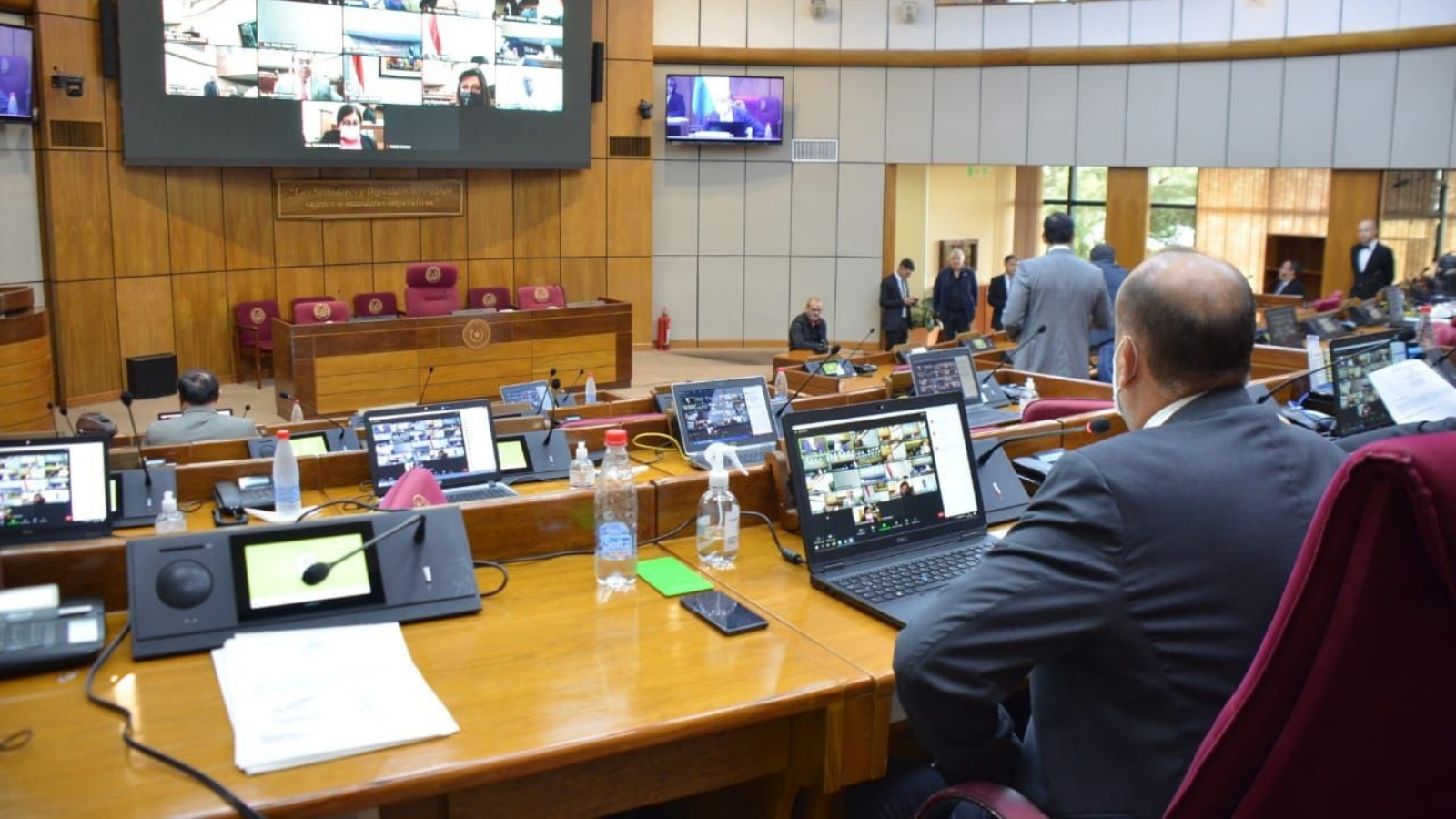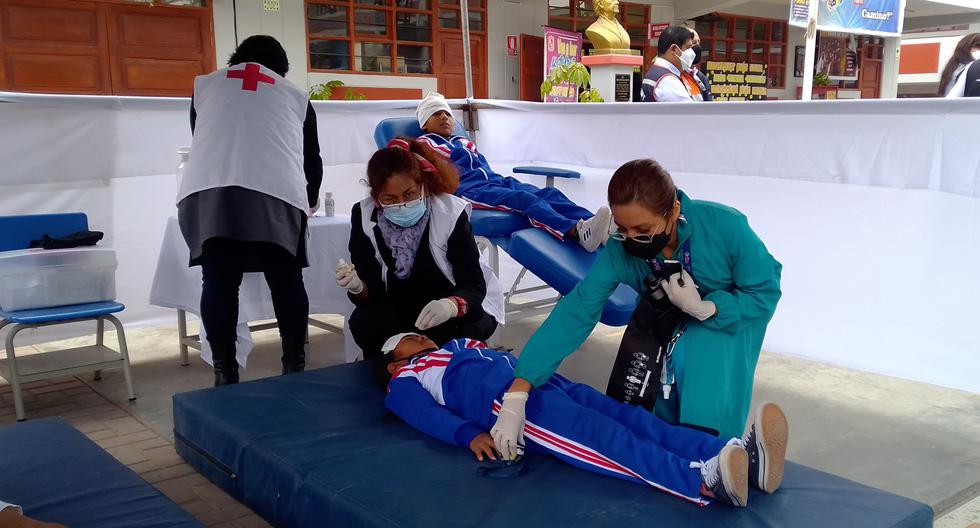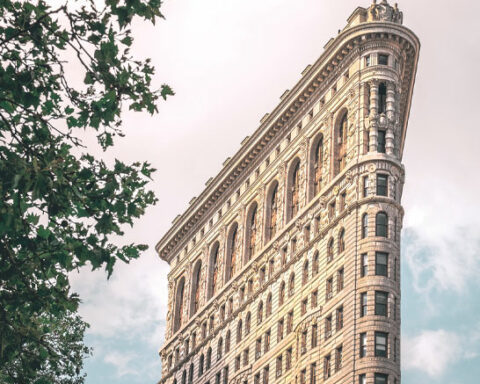A total of 26 senators rejected the initiative, against 13 who voted for its approval. There were a total of six absent senators. Firstly, the amendment established penalties of up to six years in prison for those who commit road closures.
But, during the session, it was modified to establish sentences of up to 3 years, but if the closures include acts of violence, it should be increased to six years.
The 13 legislators who voted for its approval were; Lucas Aquino, Georgia Arrúa, Antonio Barrios, “Kalé” Galaverna, Sergio Godoy, Carlos Gómez Zelada, Zulma Gómez, Patrick Kemper, Stephan Rasmussen, Enrique Riera, Blas Llano, Fernando Silva Facetti and Fidel Zavala.
The six absences were Martín Arévalo, Eusebio Ramón Ayala, Enrique Bacchetta, Rodolfo Friedmann, Juan Darío Monges and Silvio Ovelar.
With this, the document goes to the file.
AGAINST
Hugo Richer, national senator for the Guasu Front, said that the opinion of the Legislation Commission was due to rejection. This, because the initiative is not well typified.
“The project would cover a series of situations such as religious processions, sports celebrations, spontaneous vehicle caravans in celebrations of electoral contests, promotion of student caravans and more,” he argued.
He also questioned that in most cases, this project ends up criminalizing legitimate demonstrations.
Gilberto “Tony” Apuril, a national senator for “Hagamos,” stated that, from a human rights perspective, this law establishes certain restrictions on protests. Something necessary for the consolidation of democracy. For what constitutes the legitimate use of public space.
“These types of alternations are part of a society where diverse interests coexist, at times, contradictory. The Human Rights Commission recommends the rejection of this bill, ”he argued.
IN FAVOR
Enrique Riera, Colorado national senator (chartist), and main promoter of the project, explained that the peasants, for 30 years, have demonstrated without any problems. Unlike truckers who resort to violence.
“I want to tell you that the right of free transit is not our idea. Human rights cannot be enforced by violating them. The absence of sanctions is impunity. It is the law that we must comply with in order to achieve social harmony,” he stated.





